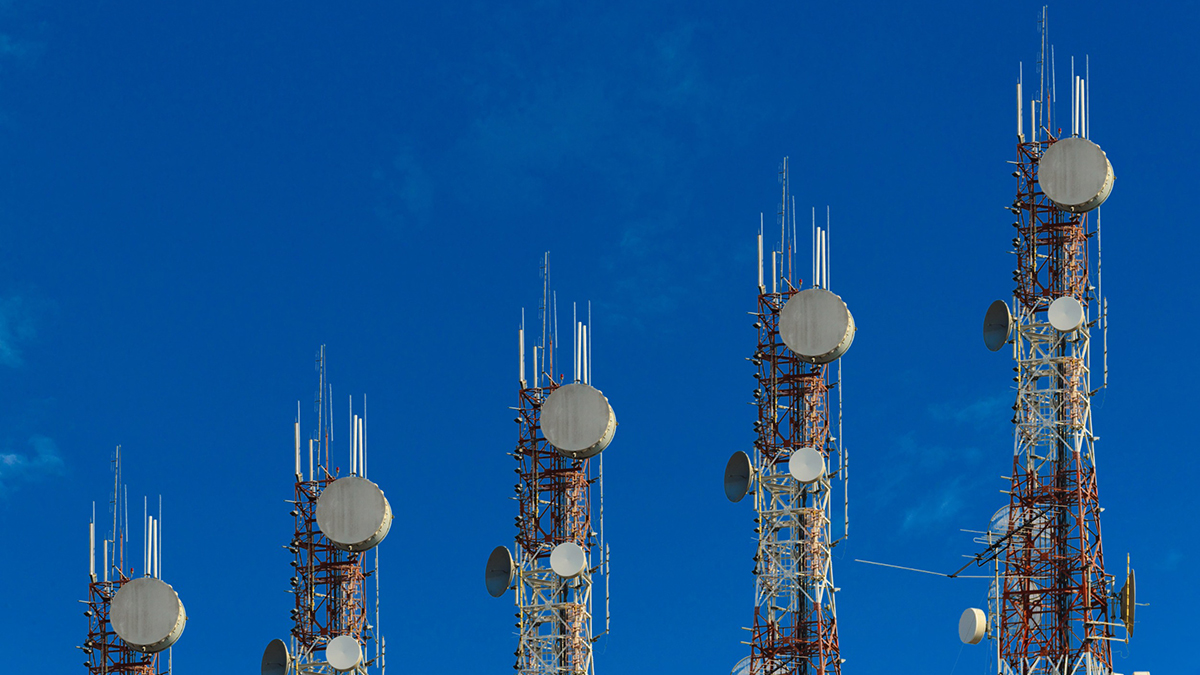Vodacom, Orange launch Africa's first rural TowerCo joint venture

Telecom service providers Vodacom and Orange have launched Africa's first rural TowerCo partnership.
Through this collaboration, the companies will build, own, and manage solar-powered mobile base stations in underserved areas of the Democratic Republic of Congo (DRC).
The plan would expand network coverage and provide access to telecoms and mobile banking services to up to 19 million people living in less populated areas.
Deploying and running networks, particularly in remote rural areas, remains a major problem in the DRC, the two companies said.
To bridge the digital gap and expand network coverage in impoverished places, the firms have agreed to build up to 2,000 additional solar-powered base stations over six years utilising 2G and 4G technology.
This partnership begins with an initial commitment of 1,000 sites, after which Orange and Vodacom may expand the project by another 1,000 towers.
The completion of this joint venture is still pending approval from administrative, regulatory, and competition authorities.
In a statement, the two telcos stated that in addition to improved population coverage, this combined investment will allow consumers to access voice, data, and mobile money services.
With the first base station slated to begin operations in 2025, Orange and Vodacom will share active and passive equipment owned by the joint venture as anchor tenants for a 20-year period.
Also, the joint venture will give its passive infrastructure to any MNO that is interested, wherever technically feasible, in order to expand usage and promote a broader choice of options for the population, the parties stated.
According to the companies, mobile Internet penetration in the DRC is 32.3%, and Orange and Vodacom's announcement to build new base stations in the country is consistent with the country's new vision for the digital economy, as outlined in the National Digital Plan Horizon 2025, which was adopted in 2019.
The strategy seeks to promote digital transformation across a variety of sectors, resulting in improved public services, increased economic growth, and equitable access to digital services for all citizens.
The project, which emphasises e-citizenship, e-government, and e-commerce, is supposed to help create jobs, bridge the digital gap, and enhance the country's GDP.
Shameel Joosub, CEO of Vodacom Group, commented: “With a footprint serving over 210 million customers across Africa, we have the opportunity to significantly contribute to the continent's socio-economic development by building a digital society and fostering inclusivity for all.”
“Our longstanding presence in Africa, including over 10 years in the DRC, has equipped us with a deep understanding of the market and customer needs. Collaborating with Vodacom by sharing both passive and active infrastructure is the most effective approach to fulfilling our commitment to accelerating connectivity access for everyone, including rural areas, while minimizing our environmental footprint,” said Orange Middle East and Africa CEO, Jérôme Hénique.
